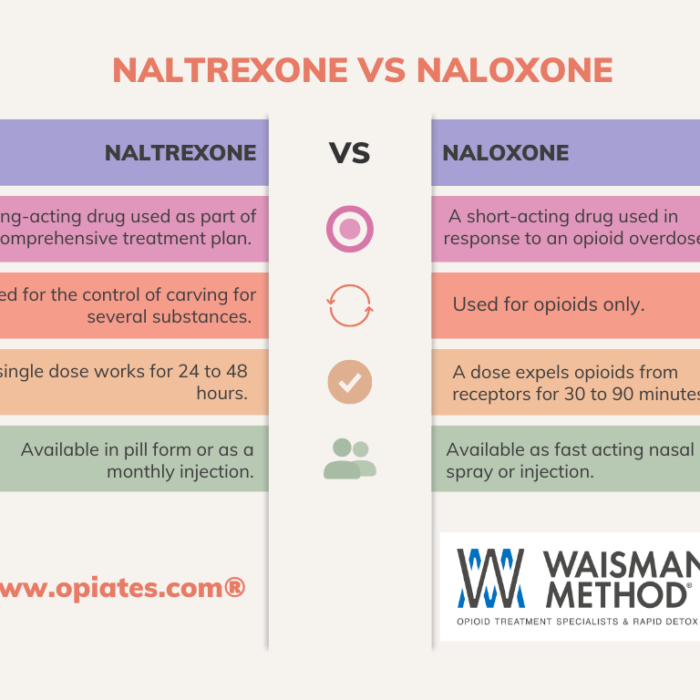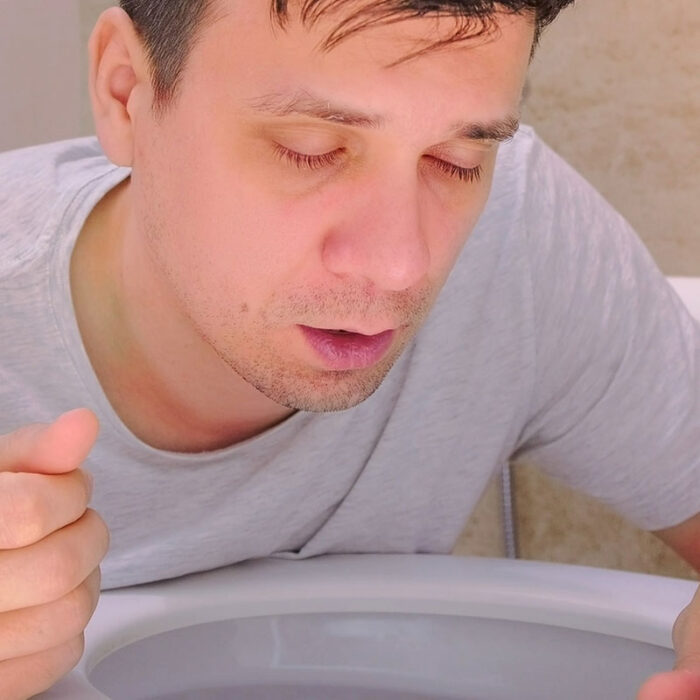A federal grand jury investigation is targeting FedEx Corp. and United Parcel Service Inc. (UPS) for possibly handling shipments made by online pharmacies that may be operating illegally.
The issue centers around potent prescription painkillers that are at the forefront of America’s growing epidemic involving abuse, addiction and overdose. Opioids such as hydrocodone and oxycodone are offered by online pharmacies, some which may be acting outside the confines of the law. Investigators say some of these companies doll out pills without requiring a valid prescription.
The U.S. Drug Enforcement Administration (DEA) is looking into whether these two shipping giants aided and abetted illegal sales of these drugs over the course of several years. Both companies disclosed the investigation in recent regulatory filings.
UPS has told several media outlets it’s cooperating with federal authorities in the matter and is working toward resolving the issue. FedEx officials, however, maintain their innocence and say they won’t settle or plea-bargain with the government because they’ve done nothing wrong.
The Scope Of America’s Problem With Painkillers Explained
The international probe into potentially illegal Internet pharmacies began in 2005 and so far has resulted in a number of arrests, seizures of pills and the shutdown of related websites.
Every year in America, more than 15,000 people die from prescription painkiller (opioid) overdose, according to the Centers For Disease Control And Prevention. This topples statistics from overdoses of heroin, cocaine and all other illegal drugs combined.
Opioid overdoses now surpass car accidents as the number one cause of accidental death in America, according to the most recent CDC data from 2009.
Who Is To Blame For So Many Americans Getting Their Hands On Opioids?
The issue is further complicated by these drugs’ legal status. Some say doctors are overprescribing. Others point the finger at manufacturers, saying they are lining their coffers at the expense of human lives.
Identifying prescription fraud and abuse should be easy but the U.S. doesn’t have a national database to track prescriptions. And these drugs don’t always come from a doctor. There is a thriving black market presence for painkillers of all strengths.
Some people are able to score large numbers of prescription painkillers by visiting so called “pain clinics.” While some may be legitimate, doctors and others associated with a number of these clinics have been arrested around the country for operating illegal “pill mills.” Essentially, these clinics have garnered millions of dollars in illegal profits by engaging in illegal practices.
While many doctors prescribe opioids responsibly, there are still plenty who give out high-powered meds to people with conditions that could easily be treated with non-opioid prescription meds or over-the-counter remedies.
Safe Usage of OTC Drugs: Essential Tips and Guidelines
Welcome to your comprehensive guide on safely navigating the world of OTC (over-the-counter) drugs. In this essential read, we dive into critical tips and strategies to maximize the benefits...















